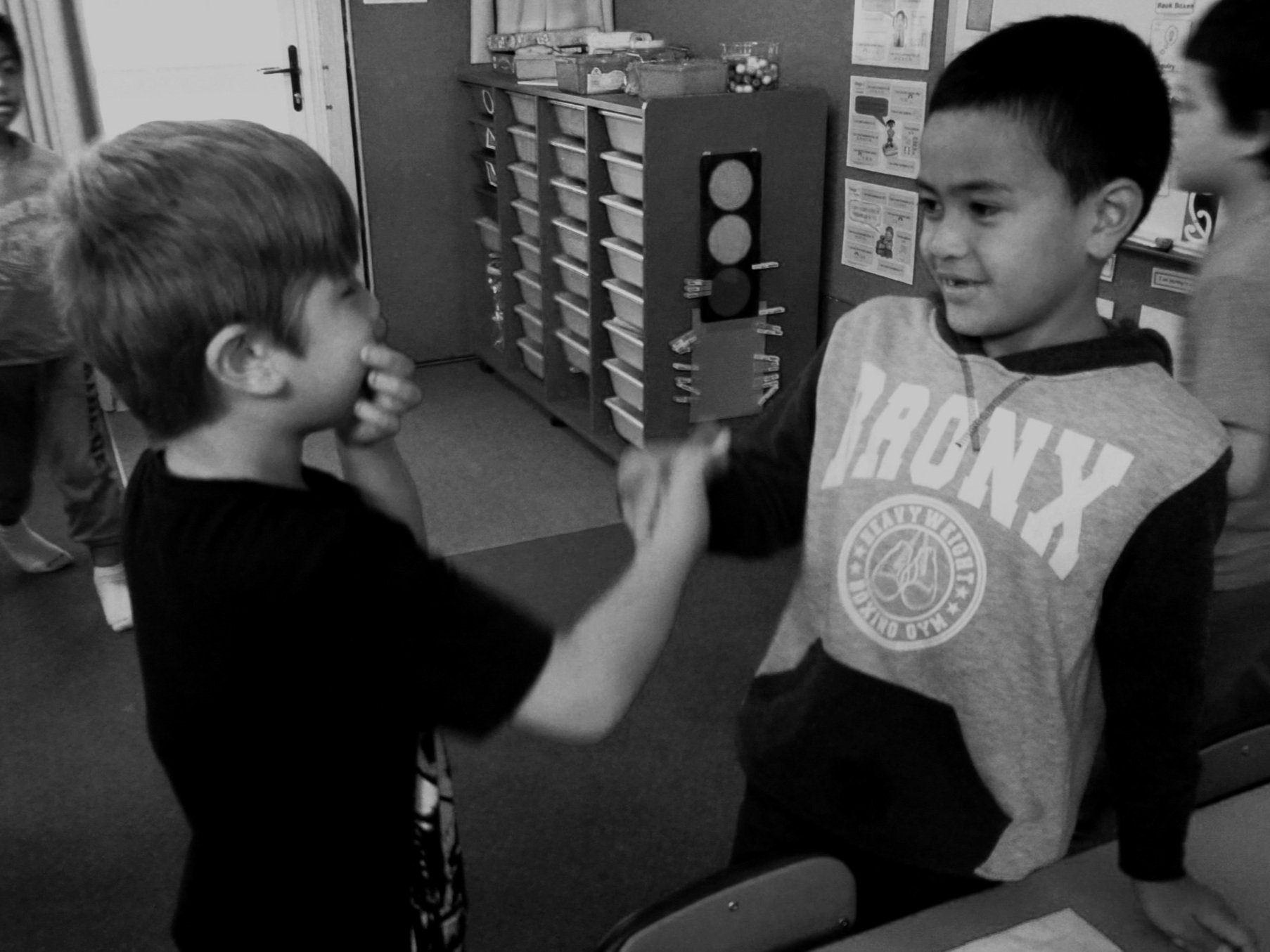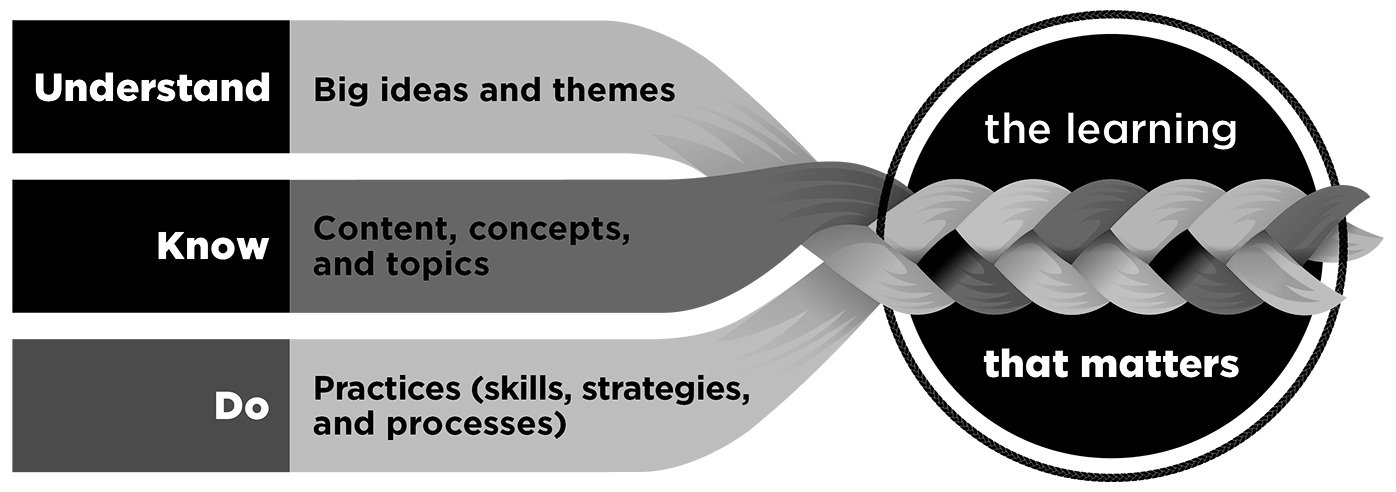
Head and Heart: The Evolution of Teaching for Both
When we harness Kagan's structured approach, we don't just hope for well-rounded graduates – we systematically create them. By routinely engaging students with diverse peers through structured interactions, learners naturally develop empathy, tolerance, and appreciation for different perspectives. These aren't just feel-good concepts – they're foundational skills for navigating today's multicultural workplaces.

Making Learning Come Alive: Kagan and ‘Understand, Know, Do’
Let's chat about something that's transforming how we think about learning in New Zealand classrooms - the Know, Understand, Do framework.
When I first encountered this framework in the refreshed New Zealand Curriculum, what struck me was how perfectly it aligns with Kagan Cooperative Learning.

Building Inclusive Classrooms Through Kagan - Ako Mahi Tahi
Building Inclusive Classrooms Through Kagan Cooperative Learning - Ako Mahi Tahi
Let's talk about how cooperative learning transforms our New Zealand classrooms into spaces where every student feels valued, capable, and connected. This approach beautifully aligns with Māori principles of ako (reciprocal learning) and tuakana-teina.

Transforming Traditional Teaching: The Power of Kagan with Structured Literacy and Maths
Kagan’s knowledge building structures enhance memorisation and recall, speeding up processing and application, crucial to reading and writing processes. Unlike the past, when students learned independently, they now collaborate with classmates, fulfilling social learning needs and promoting stimulation, novelty, and verbalisation over internalisation.
